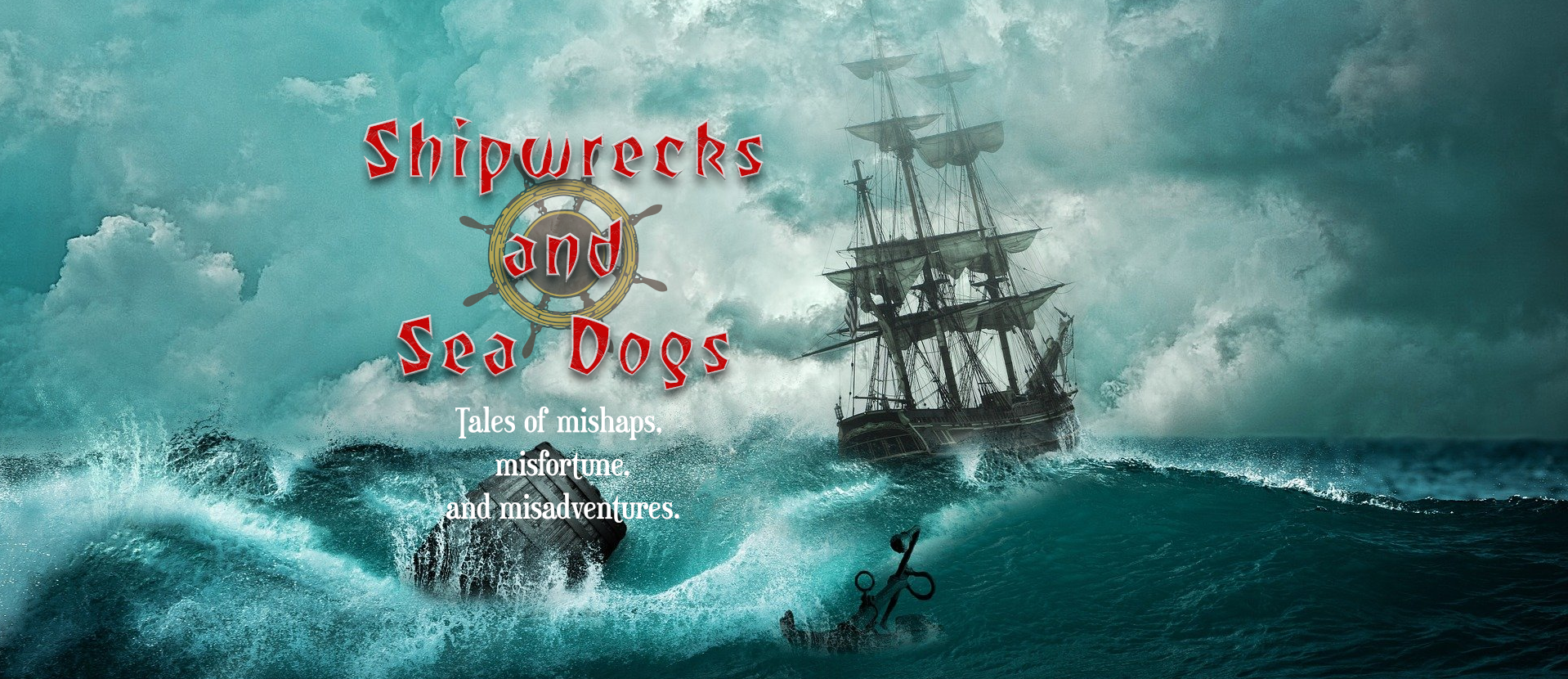Food aboard ships during the Age of Sail (roughly from the 16th to the 19th centuries) was far from luxurious, chosen for its durability rather than flavor or nutritional value.
A Sailor’s Tale: Captain Frank Knowles
Samuel Francis Knowles was born in 1855 in Orleans, Massachusetts, and began his maritime career at a very young age. After getting into some mischief and running away from home, young Samuel stowed away on a merchant ship, longing for a life at sea.
Kidnapped at Sea: David Henry White
In 1864, David Henry White, a free, black teenager from Delaware, was kidnapped from the packet ship Tonawanda by the commerce raider CSS Alabama.
Wrecktoberfest: The Skeleton Coast
The Skeleton Coast of Namibia is a harsh and desolate land, and the final resting place of thousands of shipwrecks.
The Ocean Ranger Disaster
The Ocean Ranger was a semi-submersible oil rig that sank off the coast of Newfoundland during a severe storm on February 15, 1982, resulting in the tragic loss of all 84 crew members.
Ships of the Crusades with Dr. Nicholas Morton
Ships during the Crusades, such as galleys and round ships, were essential for transporting knights, soldiers, and supplies across the Mediterranean. Italian maritime republics like Venice and Genoa played a key role, providing fleets with advanced naval capabilities to support crusading efforts.
SS Marine Electric: The Wreck That Changed the Coast Guard
The SS Marine Electric sank off the coast of Virginia on February 12, 1983, during a severe storm, resulting in the loss of 31 crew members. The tragedy led to significant changes in maritime safety regulations, including stricter inspections and the mandatory use of survival suits on ships.
The Halifax Explosion of 1917
The Halifax Explosion occurred on December 6, 1917 when a collision between the SS Mont-Blanc, a French cargo ship loaded with explosives, and the Norwegian vessel SS Imo in Halifax harbor caused a massive explosion, killing around 2,000 people and injuring 9,000 others.
USS Thresher
The USS Thresher (SSN-593) was a nuclear-powered attack submarine that tragically sank during deep-diving tests on April 10, 1963, resulting in the loss of all 129 crew members and civilian technicians aboard.
Lord Thomas Cochrane: The Sea Wolf
Lord Thomas Cochrane, known as the “Sea Wolf,” was a daring British naval commander celebrated for his innovative tactics and audacious exploits during the Napoleonic Wars. Beyond his naval prowess, he was a passionate advocate for naval and political reform, though his career faced controversy due to accusations of stock fraud.
